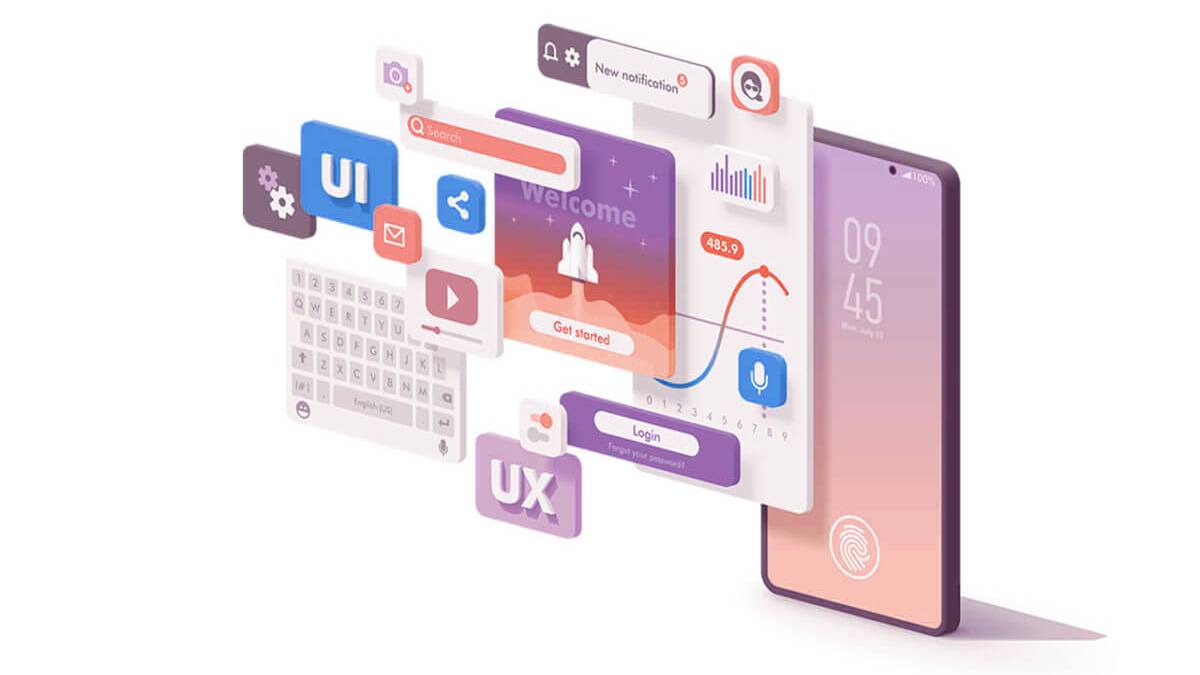As you set your sights on the future of mobile app development, one language stands out as a powerful contender: Python. Thanks to its flexibility, there has been a prominent rise in mobile app development (and specifically Android) for this programming language. We will discuss the scope of Python Android app development and delve into what it brings to the table.
Python has always been the primary favorite language among developers in various fields, including software development, due to its simplicity and readability. It has become the programmer’s language of choice with its simplicity, huge number of libraries, and community support. And now it’s exploding fast (with mobile apps, especially Android apps).
The Ever-Increasing Popularity of Python in Mobile App Development
Python’s rise in mobile app development services can be attributed to a multitude of factors.
For starters, this language has a clean and logical syntax, making code maintainable. This translates into more efficiency and productivity for developers. The rich standard library of Python provides a lot of modules and classes, which help reduce our code or minimize the code we need to write and thus save time on developing.
Secondly, this code is also platform-independent. This is a highly viable option for developers as well as businesses, truly a cost- and time-saving potential.
Python and Android: A Synergetic Duo
For Python and Android, there are frameworks that simplify integration (e.g., Kivy, Beeware, Pyside). In these frameworks, Python-first mobile app developers can build hybrid apps and target Android too. Kivy, e.g., is an open-source Python library to create multi-touch applications and fits great for Android.
Additionally, Beeware comes with tools like Toga and Briefcase, which enable Python developers to develop applications that run natively on Android devices. And as for Toga, there’s a fantastic selection of widgets available and supports Android seamlessly.
Advantages of Using Python for Android App Development
-
Simplicity and readability:
Python’s clean syntax makes it easy to learn and code comfortably. By being readable, Python makes you get the same jobs done quicker, simpler, and better.
-
Rich Ecosystem:
Python has a vast ecosystem of packages and frameworks that help you benefit from existing code and speed up your application development. Numpy, TensorFlow, and Django—the major libraries are absolutely massive.
-
Cross-Platform Compatibility:
One can’t overlook the advantage of Python’s cross-platform capability. Write your code once, and it elegantly operates on Android, iOS, and a myriad of other platforms, enabling extensive reach.
-
Rapid Development:
The vast number of libraries and frameworks in Python are truly helpful. Making use of these already-built components is beneficial because it reduces the amount of code that developers have to write.
The Future Outlook
It definitely looks promising for mobile app developers when it comes to Python, especially in Android software development. The evolution of Python towards Android and its integration are also anticipated to improve a lot.
Developer loyalty to the Python community at large would see even more powerful frameworks and libraries emerge around Python. This will allow Pythonistas (Python developers) to build more powerful, performance- and feature-rich applications for Android devices, etc.
Final Thoughts
Python Android app development is gaining a foothold in the fast-changing world of mobile app development, specifically Android. It’s excellent because of its simplicity; it’s cross-platform (iOS and Android) with a big collection of tools and frameworks to create truly powerful applications.
With Python continuing to evolve and the enormous community of developers behind it, we might eventually see a rise in high-quality Android apps built with Python. It’s not just stepping up into faster and more efficient development; using Python for mobile applications makes the future of mobile app development flexible and everything easier.


